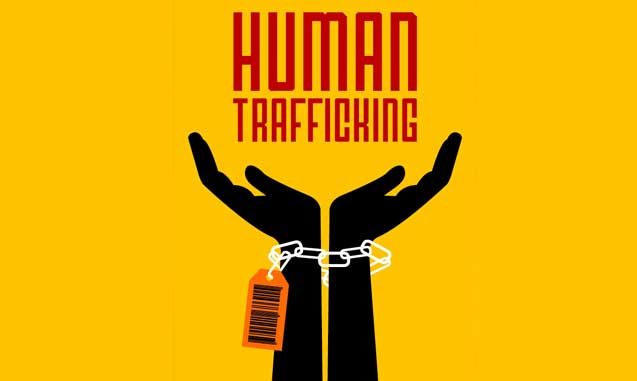
While New Orleans is known for being a culturally-relevant City, it’s also a hotspot for Human Trafficking.
On Saturday, August 5th, during an open community event, Judge Joy Cossich Lobrano, Louisiana Fourth Circuit Court of Appeals, held a discussion on human trafficking in the City at the Central St. Matthews United Church of Christ.
In her quest to raise awareness for at-risk youth, Lobrano cited joint research between the Modern Slavery Research Project at Loyola University and Covenant House of New Orleans. According to the organizations, approximately 60,000 people are coerced into slavery in the United States.
“You can only sell a gun or a drug one time,” Lobrano said. “But you can sell a human over and over again. Human Trafficking has to stop. I believe it has to change on a local level.”
Lobrano advocates for a higher rate of community engagement. While laws define the rules and punishments, it takes a community to help someone at risk, Lobrano added.
Factors that put youth at risk include poverty, homelessness, unemployment, a history of sexual abuse, and mental illness. Additionally, societal and parental pressures can also put youth at risk.
Researchers in the joint analysis limited this study to the Covenant House of New Orleans population, which serves about 150 youth a day and 700 individuals per year. In a study that included 99 anonymous youth at the Covenant House of New Orleans, nearly 25 percent of the respondents participated in sexual labor.
“Trafficking is an issue all over the world. New Orleans is a challenging City in Human Trafficking. It not’s just during big events and it’s not just women,” she said.
Trafficking includes non-willful drug dealing, physical labor, sexual labor, survival sex—sexual acts in exchange for food, housing, or basic necessity—, or illegal or informal work.
Shared Hope International measured the effectiveness of criminal laws that would punished traffickers, buyers, and facilitators. In 2011, the State of Louisiana scored 70/100 points for effective policies in favor of at-risk youth. In 2013, Louisiana scored a 93/100, steadily increasing policies to prevent human trafficking in the state.
“Laws are great.” Lobrano said. “But right now, the girl who was 19 is not a delinquent, now she’s a victim. She’ll go right back to the Pimp. Why? They need services and shelters.”
As of August, of 2017, New Orleans is the only City in the State of Louisiana that has a recovery home for former Human Traffic victims. The site, Eden House, a non-profit group, can only house eight women at a time. Many of their constraints are due to lack of available funding.
Eden House has a two-year program that helps women achieve education and a solid start to enter the workforce. While rigorous, the program has had two successful graduates of the program in the last five years.
“The law has come up but the services have not,” Lobrano said.
Lobrano, considering factors that put youth at risk for human trafficking, said that no parent wants to be a bad parent. Instead, the community lacks services to help these parents avoid consequences.
In 2004, Lobrano helped jump start the non-profit Plaquemines C.A.R.E Center, which offers Counseling, Assessment/Advocacy, Resources, and Early Intervention to assist youth and families in need.
“We need communities to wrap around at-risk families and having care centers is the start,” Lobrano said. “As a community, you need to look around you. Stopping human trafficking and protecting human dignity is how this campaign will grow.”
Recommended For You.



Be the first to comment